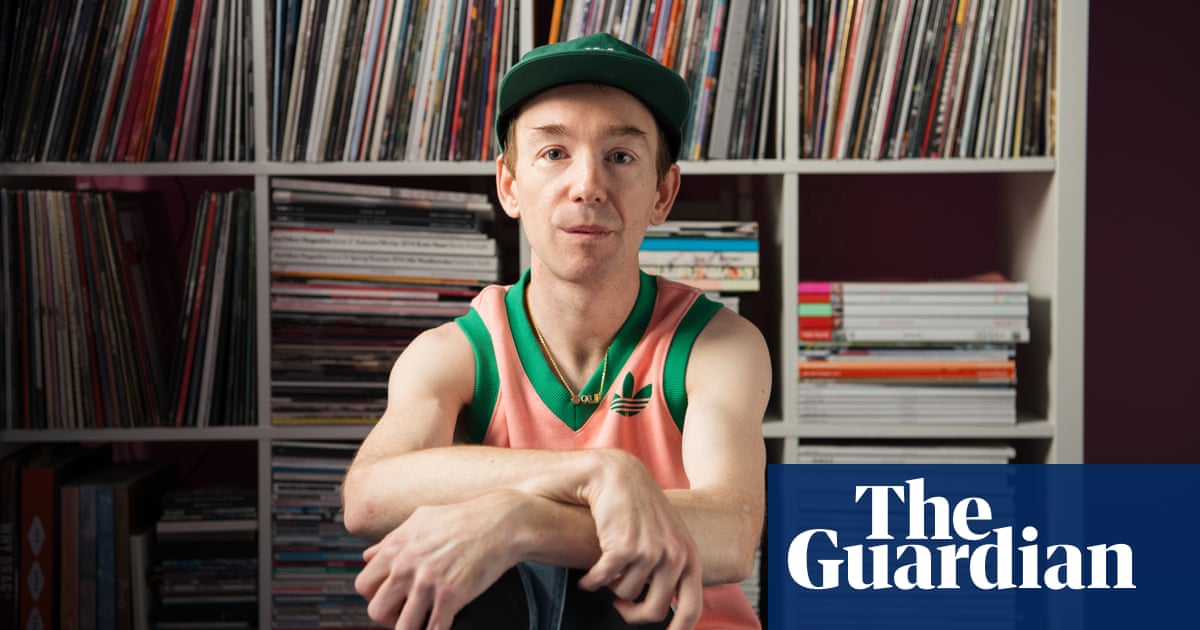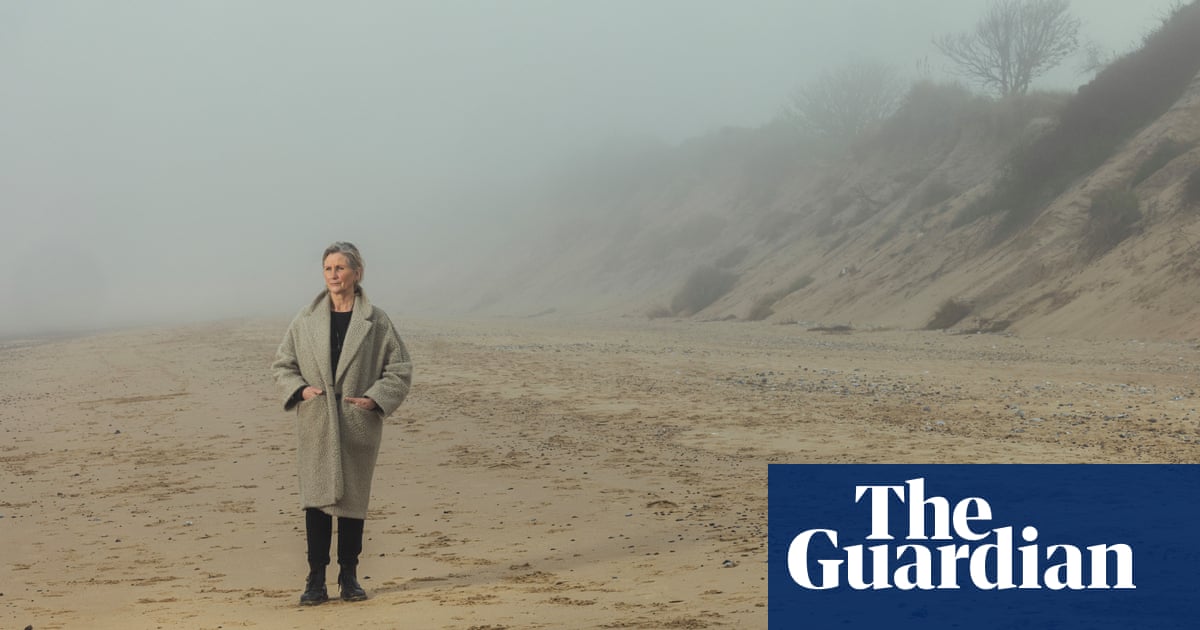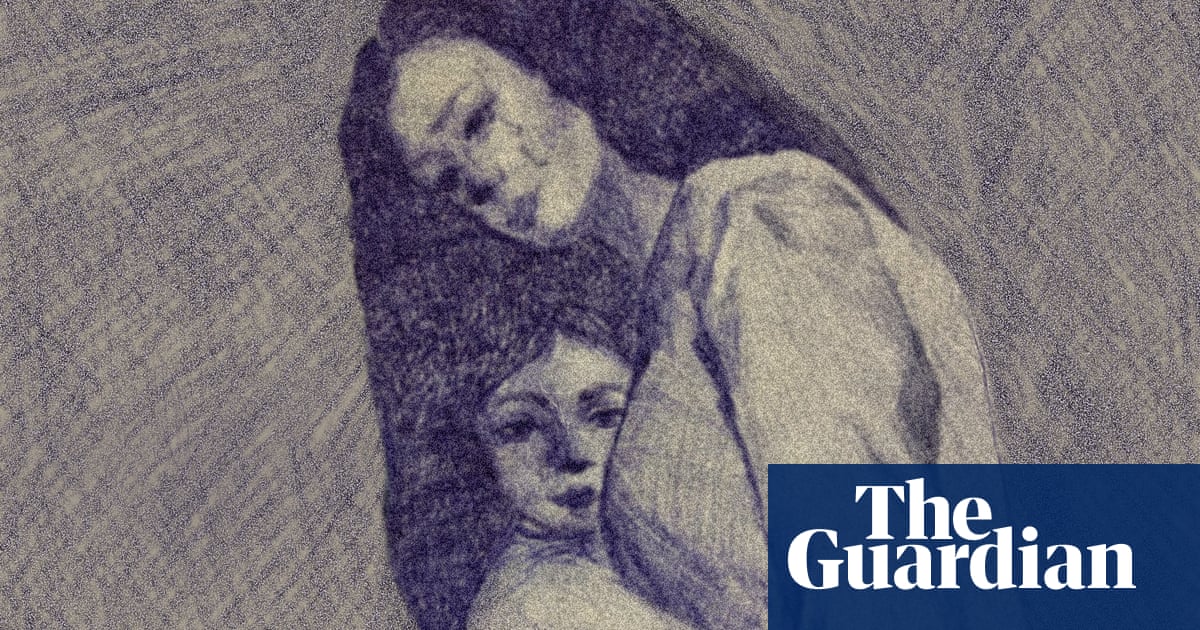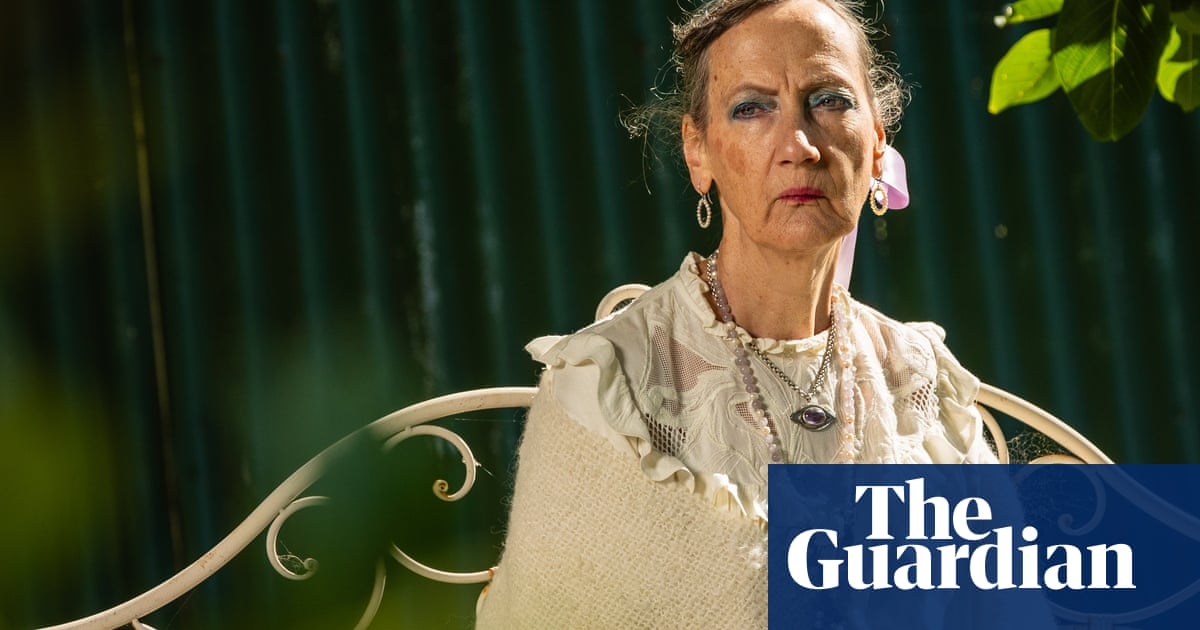
Iwas 16 when I first went to sea. Having joined the merchant navy after school, I got a round-the-world cruise as my first trip – we went to South Africa, Australia, New Zealand and sailed down the Panama Canal. For a teenager who’d grown up in Glasgow during the 1950s and 60s, it was a real adventure, and over the next 15 years I enjoyed a happy, carefree life as a ship’s steward, working long hours but playing hard during my time off.
On the evening of my 31st birthday in November 1983, we were docked in Trinidad and a group of us went ashore to celebrate. I still smoked in those days, and by the time I tumbled into my bunk I’d worked my way through a number of rum punches. But when I opened my eyes the next morning, I knew I was suffering from more than just an ordinary hangover. Other than a vague perception of blurry smears of light, I could see nothing.
As I was helped off the ship, I tried not to panic, assuming I was suffering a temporary affliction. It would take a long time for me to give up that hope, even after I was flown back to the UK. I was examined first in Southampton, where I lived, and then later by a specialist in Glasgow. He told me he was sorry, then said I would be blind for the rest of my life.
I couldn’t process what I’d heard at first; it just didn’t seem to make sense. The specialist told me that the eye unit in Southampton had discovered traces of cyanide in my body, possibly from the tobacco or drinks I’d enjoyed on my birthday. Most people are able to filter out cyanide in such small quantities, but it seemed I had a hereditary condition that prevented this, and the result had been irreversible damage to my optic nerves.
In the months that followed, I felt my life was over. I’d lost not only my sight, but also my independence and identity – after spending half my life travelling the world doing a job I loved, I was now trapped in my house in Southampton with no income. I was determined to keep my home, but even this had become unfamiliar to me: at first I found it difficult to make my way from one room to another, and the thought of going outside filled me with anxiety. My sister came from Scotland to help as often as she could, but I was unable to accept this bewildering new reality and started to drink heavily in an attempt to blot it out.
The turning point came when I went on a camping holiday with other visually impaired people – it made such a difference to be able to talk to people who understood my situation. In 1989, I had started a two-year course at a Royal National Institute of Blind People college in Loughborough, learning new skills. Halfway through the course I got my first guide dog, Otis, which changed everything. Travelling through town with my cane, I’d often found it difficult to judge where kerbs were and sometimes got into a tangle with passing bikes. Now I had a friend who chaperoned me safely and at speed – it was as if all the obstacles had disappeared and the sense of regained freedom was exhilarating.
Since then, I’ve had four dogs, each with a personality that seemed to reflect the stage of development I was at: serious Otis; Lloyd, who was a little more laid-back; cheeky Brunel; and my current dog, Toby, who exudes joie de vivre. I’d like to think that’s where I’m at, too. Shortly after leaving Loughborough, I started working again, and have enjoyed a rewarding career since with organisations that help visually impaired people.
I’ve taken part in fundraising challenges such as climbing Sydney Harbour Bridge and Australia’s highest mountain, and carried the Paralympic torch alongside Brunel. Around the time of the Queen’s diamond jubilee, I met a man called Paul online – we clicked immediately. I proposed during a trip to Florida, where we swam with dolphins, and we finally got to marry during the platinum jubilee. Many of the wedding guests were friends I’d made in my merchant navy years.
In the early months after losing my sight, I questioned whether I really wanted to go on living, but I’m so glad I did. I wouldn’t have missed the last 40 years for anything.












